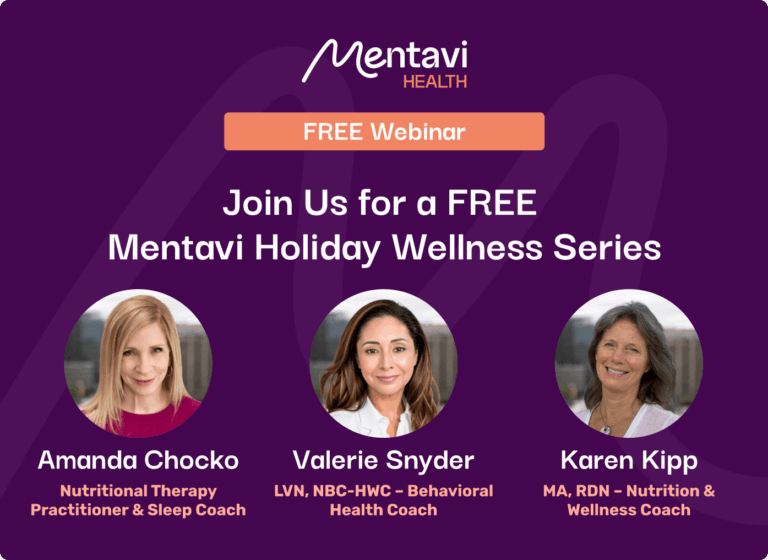

By Beth Levine
You may experience lots of feelings when you are an adult who has been just professionally diagnosed with ADHD: Grief and anger, for all the lost time; joy, because you finally have a name for what is making your life so difficult. But also, confusion and concern over what happens now. How do you take this information and get the support you need?
Here’s a roadmap for what comes next in ADHD treatment for adults:
1. Get a professional diagnosis
An accurate diagnosis is essential in getting connected with the right treatment and support, and most treatment options are only available if you have an official diagnosis.
“Just because you have attention problems does not mean that you have ADHD or that ADHD is the only thing you have going on,” cautions Ryan S. Sultán, MD, a mental health physician, a research professor at Columbia University and director of Integrative Psych, a New York City clinic that specializes in ADHD. (Sultán has ADHD himself.)
ADHD is difficult to diagnose because the symptoms may be due to depression, anxiety, ADHD, substance use or trauma. Or you may have all five, along with ADHD.
Dr. Sultán adds: “That’s really problematic for people because they think they have conditions that they may or may not truly have, so when they try to get treatment for those conditions, it doesn’t work out because the fundamental diagnosis is wrong.”
2. Learn your specific type of ADHD
There are three main types of ADHD, and each may need different kinds of therapies.
“Knowing your diagnosis is important, because that also helps kind of decide where your interventions need to lie,” says Megan Agee, a licensed psychological associate and owner of Velaris Psychological Services in Charlotte, N.C. The doctor who diagnoses you should be able to tell you where you fall in the scheme of things:
• ADHD, predominantly hyperactive/impulsive type: Hyperactive and impulsive behaviors but no problems with paying attention or getting distracted. Least common.
• ADHD, predominantly inattentive type: Inability to focus and pay attention, and easily distracted but no hyperactivity.
• ADHD, combined type: Showing symptoms of both impulsive/hyperactive and inattentive. An inability to focus and pay attention, easily distracted and impulsive and hyperactive behaviors. This is the most common type.
However, Sultán warns that specific subtypes may not be reliable, often changing over time, as your brain develops.
“In most cases, hyperactively decreases with age— shifting towards predominately inattention,” he says.
3. Find your support team
The healthcare worker who diagnoses you may be able to take you through the next steps but not all are knowledgeable enough in this area. (They may not even be able to tell you which type of ADHD you have.)
“I definitely believe that ADHD is a condition that can be benefited by a system of care,” says Agee. You will probably need three types of help:
- A psychiatrist (or sometimes a primary care medical doctor) who can prescribe medications. There are stimulants and non-stimulants. The prescriber can help you find the right one and the right dose for your particular needs, if you decide on using medication.
- A life skills coach who can help you with symptom management and behavior modification. “Knowing you have ADHD is one thing, but knowing where your ADHD impacts your life is a different thing,” says Agee.
- A therapist who can help you overcome the internalized shame and low self-esteem you may have developed from years of floundering and negative feedback.
“You may find one person who can cover all three areas, but having full coverage can be the ideal treatment for many people,” Agee says.
4. Educate yourself
Learn all you can from reputable sources (recognized experts in the field). As for books, Sultán recommends The Adult ADHD Tool Kit: Using CBT to Facilitate Coping Inside and Out by J. Russell Ramsay and Anthony L. Rostain. Agee suggests Taking Charge of Adult ADHD: Proven Strategies to Succeed at Work, at Home, and in Relationships by Russell A. Barkley and Christine M. Benton. Beware internet quick fixes — because there are none. Which leads to …
5. Accept that there are no quick fixes
Give yourself the time and space to try different approaches. Just because one therapy doesn’t work doesn’t mean another won’t.
“Even if you’ve tried one system before and it didn’t work, now you are trying it as part of an overall plan,” Sultán says. “You didn’t get to the place that you’re at overnight, and you’re not going to change it overnight. If you want to move forward and overcome that, it’s going to be a lot of work.”
He adds: “Just being on medication can relieve symptoms but it doesn’t change skills, behavior patterns or your life situation.”
Your situation is still the same, but work and combined therapies can help you now move forward.
6. Set goals
Work out with your life coach what exactly you hope to achieve: better focus, less impulsivity, ability to get past procrastination? Then do a weekly check-in. Were you able to get through some of your emails in a timely way? Did you start a project after reading Reddit for only 15 minutes instead of an hour?
“Improvements may come in small ways and only you can evaluate those metrics over time for yourself,” Sultán says. “It will help you and your team decide if the current therapies are working.”
7. Know your legal rights
Having ADHD means you are protected under the Americans with Disabilities Act. With few exceptions (check the website), schools and workplaces must provide accommodations. However, in order to get the protections, you will have to reveal your diagnosis, which you may or may not wish to do.
“That’s totally up to you,” says Agee.
If you feel that your team wouldn’t be supportive, you can just focus on specific accommodations you need. “It is completely acceptable to say that you focus better on your work with headphones on, or that you need a different method of communication without getting into specifics,” adds Agee.
Sultán says: “Mental health conditions can be very hard to treat, but ADHD included is one the easier ones. Set yourself up for the win, stack the deck in your favor, and you will make it easier for yourself to succeed.”







